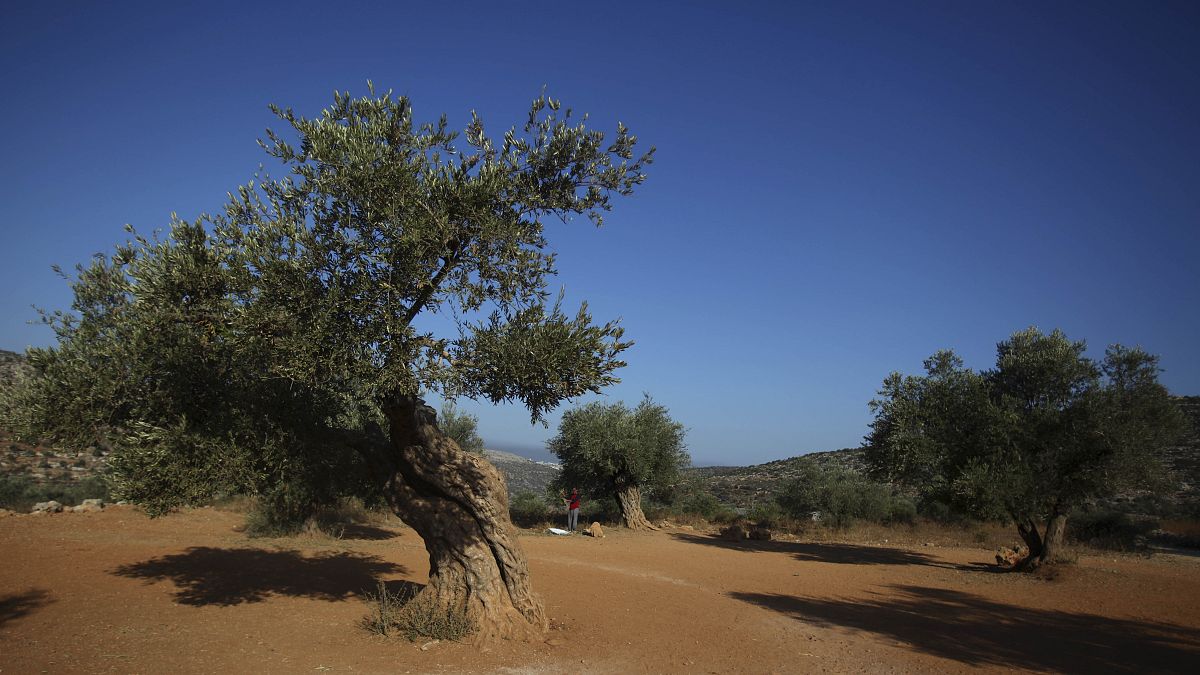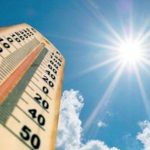The Puglia region of Italy is currently facing a crisis due to high levels of heat and drought, resulting in water scarcity that is negatively impacting the production of olive oil. Particularly in the province of Foggia, the olive oil harvest is expected to be significantly lower this year, with estimates ranging from 50-80% less than the previous year. This decline is attributed to the extreme heat and lack of rainfall, which have left reservoirs like the Capaccio dam with severely depleted water levels. While olive trees are known for being resilient to drought conditions, prolonged periods of high temperatures and water scarcity can still jeopardize the production of olives and olive oil in the region.
The situation is dire in the Puglia region, as not only the Capaccio dam but also three other reservoirs are only half full, with water levels far below what is needed for agricultural irrigation, industrial usage, and drinking purposes. This water scarcity has created a challenge for farmers like Pietro Leone, who manages an agricultural company in the province of Foggia. With only two and a half cubic meters of water in the Capaccio dam compared to the usual 17 million cubic meters, farmers are struggling to provide sufficient water for their olive trees and other crops. The lack of rainfall and the depletion of water reservoirs are posing a significant threat to the region’s olive oil production, as the olive trees require proper hydration to produce high-quality fruits for harvesting.
The impact of the heat and drought on olive oil production in Puglia is exacerbated by the consecutive days of temperatures above 40 degrees Celsius. These extreme weather conditions not only deplete the water reserves but also affect the growth and yield of olive trees, leading to decreased production of olives and olive oil. While olive trees are known to be resilient and adaptable to various environmental conditions, prolonged periods of drought and heat stress can ultimately impact the quality and quantity of the fruit they produce. As a result, the olive oil industry in Puglia is facing a challenging season ahead, with farmers and producers bracing for reduced yields and potential losses due to the adverse weather conditions.
In response to the water scarcity and the threat to olive oil production in Puglia, farmers and agricultural experts are exploring ways to mitigate the impact of the extreme heat and drought. Implementing water-saving irrigation techniques, such as drip irrigation and mulching, can help conserve water and provide sufficient hydration to the olive trees. Furthermore, adopting sustainable agricultural practices and planting drought-resistant olive tree varieties can improve the resilience of the crops to adverse weather conditions. By diversifying the water sources and investing in water storage infrastructure, farmers in the region can better prepare for future droughts and ensure the sustainability of olive oil production in Puglia.
Despite the challenges posed by the high levels of heat and drought in Puglia, the olive oil industry in the region remains resilient and determined to overcome the obstacles. By raising awareness about the impact of climate change on agriculture, fostering collaboration among farmers, and investing in sustainable water management practices, the region can work towards safeguarding the production of olive oil for future generations. With a concerted effort to adapt to changing environmental conditions and prioritize water conservation, Puglia’s olive oil industry can thrive despite the challenges posed by the changing climate. As the region grapples with the consequences of extreme weather events, it is essential for stakeholders to come together and support the sustainable growth of olive oil production in Puglia, ensuring the prosperity of the industry and the livelihoods of farmers for years to come.










